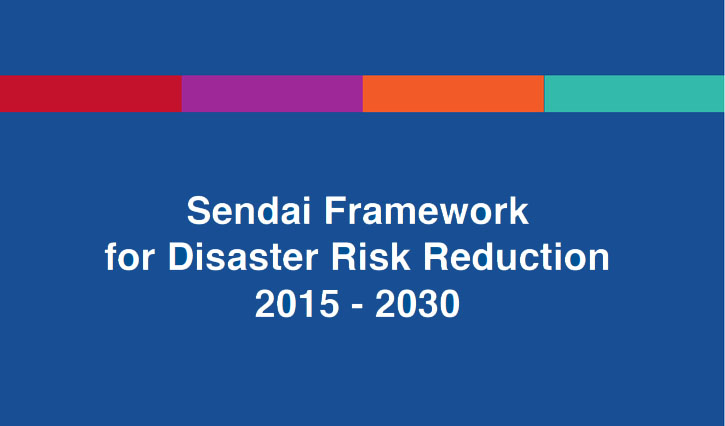A Regional Project to Enhance Urban Resilience to Disaster Risk and Climate Change in Central Asia Launched
On December 12-13, 2024, in Tashkent, the Center participated in the introductory seminar for the launch of the regional project "Enhancing Urban Resilience to Disaster Risk and Climate Change in Central Asia", organized by the United Nations Development Programme (UNDP) with support from the Government of Japan.
This project will be implemented in Kazakhstan, Kyrgyzstan, Tajikistan, Turkmenistan and Uzbekistan and aims to support all five Central Asian countries in increasing resilience to climate change, particularly in urban areas, by strengthening regional cooperation. Utilizing existing coordination platforms, the project will introduce innovative approaches to urban planning. The project is scheduled to run from 2024 to 2027.
The event gathered over 50 participants, including key stakeholders from Central Asian countries and international organizations involved in disaster risk reduction (DRR), climate change, and urban resilience.
“Scientific research indicates that by the end of the century, the average temperature in Central Asia could rise by 3–5 degrees Celsius”, said Aziz Abdukhakimov, Uzbekistan's Minister of Ecology, in his welcoming speech. “This will lead to reduced snow cover, altered hydrological cycles, and an increased risk of extreme weather events such as floods, dust storms, and droughts, adding stress to the region's ecosystems and economy. We face a long journey in addressing these challenges. However, it is encouraging to note that projects like this, aimed at strengthening regional interconnectedness in Central Asia, can achieve sustainable development in harmony with nature through consolidated efforts”.
During the seminar, Mr. Stanislav Kim, Head of the Climate Change and Disaster Resilience Cluster at UNDP's Regional Centre in Istanbul, presented the project's goals and objectives and identified potential areas for collaboration with other relevant national and regional initiatives.
Representatives of local executive bodies and key ministries from Central Asian countries also shared their perspectives on promising directions for enhancing urban resilience through innovative solutions and cooperation.
Given that one of the project's main objectives is the introduction of innovative approaches to urban planning, the Center proposed utilizing the geo-information systems "Digital Safety Passport" and "Interactive Hazard Maps", developed for Kazakhstan's Ministry of Emergency Situations. The proposal includes upgrading existing systems with a focus on monitoring urban infrastructure and ecosystems, as well as modeling the impact of natural and man-made threats on the urban environment.




















